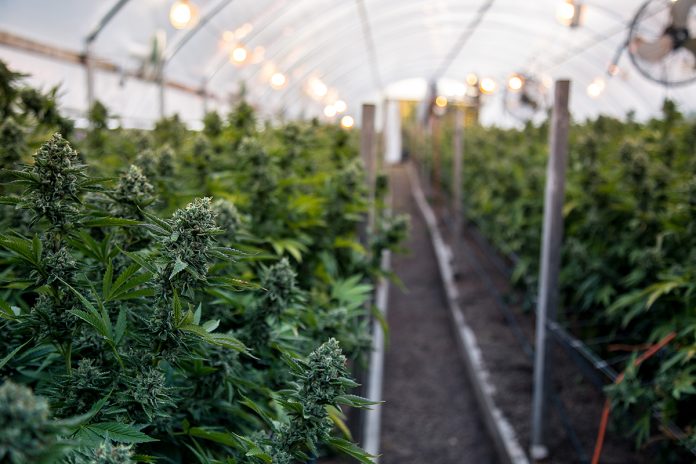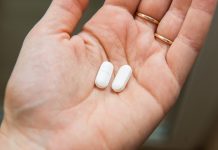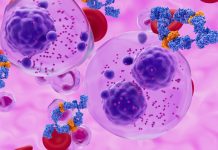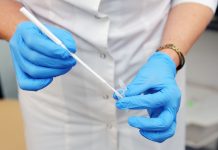Here, Ann Allworth discusses what lies ahead for the FDA’s 2020 Cannabis policy and highlights discrepancies in their thinking
The FDA’s policy on medical cannabis and CBD is really no different than the cannabis policy in any other relevant U.S. government agency. It’s what these agencies have been doing since the Carnegie Foundation for the Advancement of Teaching commissioned Abraham Flexner to write “Medical Education in the United States and Canada” a report that set the cannabis prohibition ball in motion 110 years ago. Flexner enumerated all the things wrong with medicine and how it should be changed which led to the closing of most of the medical schools, which at the time were primarily naturopathic, homeopathic or chiropractic. Plant-based medicine was slowly but largely replaced by pharmaceuticals. Medicine must be evidence-based, yet only their definition of evidence was/is allowed.
This pervasive “global government agency policy”, though not likely citable, quite simply has been and continues to be: declare that cannabis has no medicinal value and proclaim it as a danger to humanity without a shred of evidence to prove these ridiculous claims. Add to this, the LaGuardia Commission Report, the Shafer Report, most recently by the National Academies of Science, The Health Effects of Cannabis and Cannabinoids and numerous other reports by panels of experts, often appointed by a government agency that then completely ignores the result because the report precisely refutes their idiotic claims.
Pure Food and Drug Act
In 1906, Congress passed the Pure Food and Drug Act which required that certain medicines, including cannabis, must be clearly labelled. This law was updated in 1938 to the Federal Pure Food, Drug and Cosmetics Act of 1938 and is still in effect. It essentially mandates that the FDA is in charge of prescription and non-prescription drugs and food and creates and enforces the standards. Dr. Ned Sharpless, former director of the FDA said last May “It is important to note that the FDA’s role in the regulation of products containing cannabis or cannabis-derived products is not new”. Not new at all. Indeed, the FDA has had 82 years to hone labelling regulation yet are not able to establish regulations for labelling CBD products.
There is a very simple answer – label it as every other plant-based, nutritionally sound product. The 2018 Farm Bill legalised hemp with less than 0.3% THC, making it just like turmeric, holy basil, ashwagandha or any of the many plants with medicinal benefits, why can’t the rules be the same?
The same question holds for cannabis with more than 0.3% THC. Particularly relevant for both types of cannabis, is the endocannabinoid system (ECS), widespread in all types of cells throughout the body, maintaining balance in physiological processes affecting conditions as diverse as: irritable bowel syndrome, Alzheimer’s Disease, osteoporosis, atherosclerosis, immune cell function and PTSD, and the list goes on. Not coincidentally, the list matches up with the collective conditions that qualify for a medical cannabis card in medically legal cannabis states. This system was discovered nearly 25 years ago and given what we know about the cannabis plant’s ability to resolve ECS problems, it’s far past time for the government to connect the dots between ECS physiology in the human body and the healing power of cannabis, and legalise this plant so that all citizens have access to medicine that can dramatically improve their quality of life, rather than riddle them with heinous side effects.
Scientific Data and Information about Products Containing Cannabis or Cannabis-Derived Compounds Public Hearing
At the opening of the FDA’s Scientific Data and Information about Products Containing Cannabis or Cannabis-Derived Compounds Public Hearing on May 31, 2019, Dr. Ned Sharpless stated “At the same time, some relevant laws have changed. First, some states have changed their laws to allow for medical use of marijuana or CBD…” These laws were changed more than 20 years ago for some states, and now 47 states have some kind of law allowing for consumption of cannabis for medicinal use. Abundant data has been collected for years, unequivocally validating the effectiveness of cannabis as medicine, yet just weeks ago in a statement, the FDA continues to turn a blind eye to the actual scientific facts by remaining firmly convinced that there has been limited data about the potential of CBD as a medical drug.
As an attendee at the day long FDA’s May 31st public hearing, I am aware that some of the speakers discussed the potential risks of using cannabis, but much more common topics were: the lack of FDA regulation of products containing CBD, the need for accreditation of testing labs, the clear medicinal value presented by various disease organisations including epilepsy and Alzheimer’s, personal stories of “miraculous cures”, the many products now being sold anywhere from gas stations to premium grocery stores, with labels claiming “x” amount of CBD that do not have “x” amount of CBD. The FDA sent a report to Congress earlier this month saying it is still working out its policy regarding the use of CBD in dietary supplements. In the meantime, the pleas that I heard from retailers, consumer protection organisations and everyday citizens calling on the FDA to police the CBD industry that many refer to as the “wild, wild west” go unheeded.
Meanwhile, the FDA blathers on about no data, says that one of their key investigative goals is to determine the long term effects of several products and other research efforts all of which will take years to get the results of and in the meantime U.S. citizens have no idea of the integrity of the CBD products they’re buying – do they actually contain what’s listed on the label. Sadly, all of this suggests that there is no real FDA policy except to allow cannabis to exist as a wild, wild west kind of industry with unregulated products sold on the internet and in storefronts across the country.
A country where black and brown people continue to be arrested for possession of even a single joint and millions of people have no idea they have an endocannabinoid system, a powerful system critically important to their health.
Please note: This is a commercial profile











